Designing Low-Maintenance Garden Layouts with Automatic Irrigation Systems

In demanding gardens with frequent watering needs, automating irrigation with efficient drip systems…….
Introduction
Gardening is a delightful pursuit that connects us with nature, enhances our living spaces, and can even contribute to our well-being. However, maintaining a garden can sometimes be time-consuming and physically demanding. This is where low-maintenance gardening tips come into play. These strategies are designed to create beautiful, healthy gardens that require less work, making them ideal for busy individuals, those with physical limitations, or anyone looking to enjoy the benefits of gardening without the associated labor. In this article, we’ll explore a variety of tips and techniques that will help you cultivate a thriving garden with minimal effort.
Understanding Low-Maintenance Garden Tips
Low-maintenance gardens are characterized by their use of plants and design elements that reduce the need for frequent watering, pruning, and other labor-intensive tasks. The core components of such gardens include:
The historical context of low-maintenance gardening dates back to ancient civilizations, where water scarcity and labor limitations necessitated efficient use of resources. Today, it’s a response to our busy modern lives and an increasing awareness of sustainable living practices.
Global Impact and Trends
Low-maintenance gardens are gaining international popularity due to their environmental benefits, such as water conservation and reduced need for chemical fertilizers and pesticides. In arid regions like Australia and the American Southwest, xeriscaping—a form of low-maintenance landscaping designed to reduce or eliminate the need for irrigation—is a common practice. In urban areas worldwide, community gardens and green spaces often employ these principles to foster communal well-being while being cost-effective.
Economic Considerations
The economic aspects of low-maintenance gardening are multifaceted. On one hand, it represents a significant market with a growing consumer base interested in sustainable living and landscaping. On the other hand, it’s a cost-saving measure for homeowners, reducing expenses related to garden maintenance. The role of “Low-Maintenance Garden Tips” in economic systems is also seen in their potential to boost property values and create job opportunities in sectors like landscape design and horticulture.
Technological Advancements
Technology has revolutionized gardening, offering solutions such as:
The future potential of these technologies includes even more personalized and automated systems that can adapt to changing environmental conditions, further simplifying the gardening process.
Policy and Regulation
Policies and regulations that govern gardening practices are increasingly incorporating low-maintenance principles. For instance, local ordinances in some regions require or incentivize the use of drought-resistant plants and efficient watering systems. These regulations not only promote conservation but also encourage the adoption of sustainable gardening practices.
Challenges and Criticisms
One of the main challenges with low-maintenance gardens is ensuring biodiversity and ecological balance, as overly simplified ecosystems can be less resilient to pests or climate changes. Another challenge is the initial investment in establishing a low-maintenance garden, which can be a barrier for some homeowners. Criticisms sometimes arise from misconceptions that these gardens are dull or uninspired, but with thoughtful design and plant selection, they can be vibrant and beautiful.
Case Studies
Several case studies demonstrate the success of low-maintenance garden designs. One notable example is the “Living Wall” in Vancouver, Canada, which combines lush greenery with an innovative irrigation system to create a stunning urban oasis. Another is the xeriscape project in Albuquerque, New Mexico, where homeowners have significantly reduced their water usage while maintaining beautiful gardens. These case studies not only showcase the aesthetic possibilities but also the environmental and economic benefits of low-maintenance gardening.
Future Prospects
The future for low-maintenance gardens is promising. With ongoing advancements in technology, plant breeding, and design, these gardens are likely to become even more efficient, beautiful, and diverse. We can expect to see a greater integration of edible landscapes, wildlife habitats, and water conservation efforts in both urban and suburban settings. Strategic considerations for the future include addressing the social aspects of gardening, ensuring that these spaces continue to serve as community gathering spots and centers of learning about sustainable practices.
Conclusion
Low-maintenance gardens represent a harmonious blend of aesthetics, sustainability, and practicality. They are increasingly becoming a part of our lives, not just as a response to environmental challenges but also as a reflection of our changing lifestyles and values. As we continue to innovate and adapt these principles, low-maintenance gardening will undoubtedly play a significant role in shaping the future of horticulture and landscaping.

In demanding gardens with frequent watering needs, automating irrigation with efficient drip systems…….
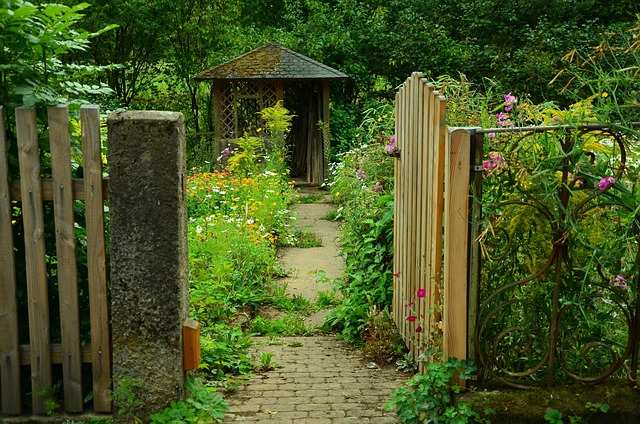
Slow-growing shrubs and low-maintenance perennials are ideal for creating beautiful, sustainable lan…….
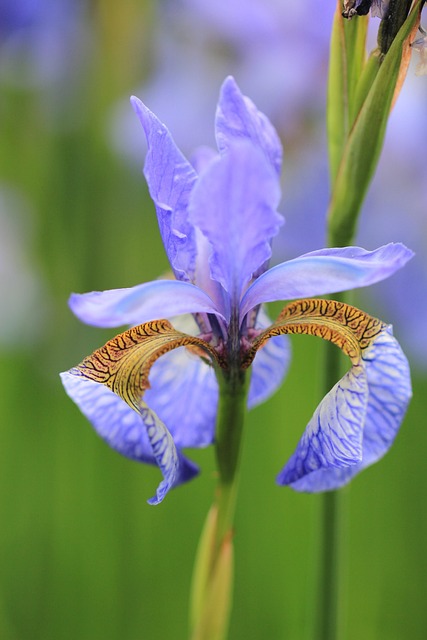
Designing a low-maintenance herb and edible plant garden involves selecting hardy, pest-resistant sp…….
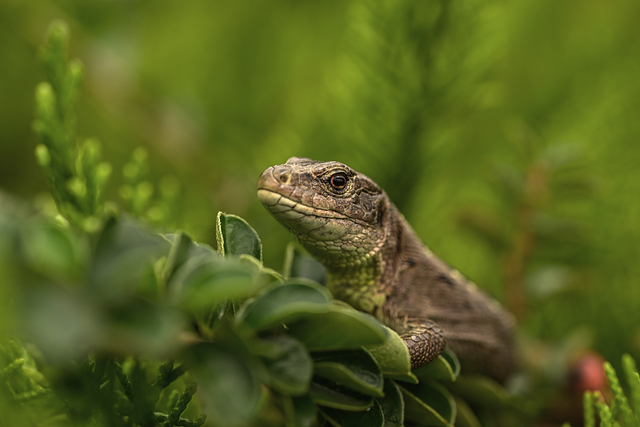
Embrace compact garden designs and smart planning for effortless, low-maintenance gardening. Utilize…….
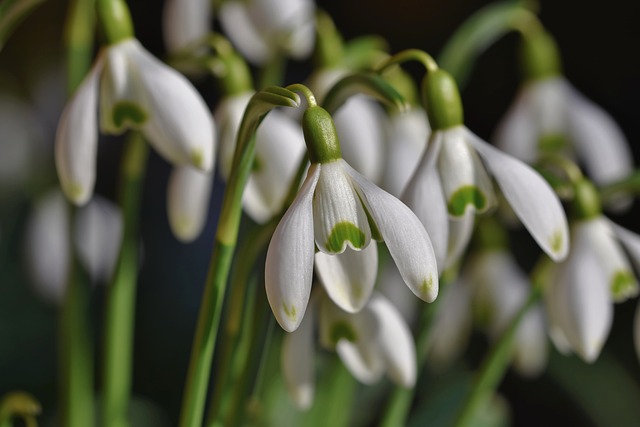
Creating a low-maintenance garden involves strategic design choices, focusing on native, drought-tol…….
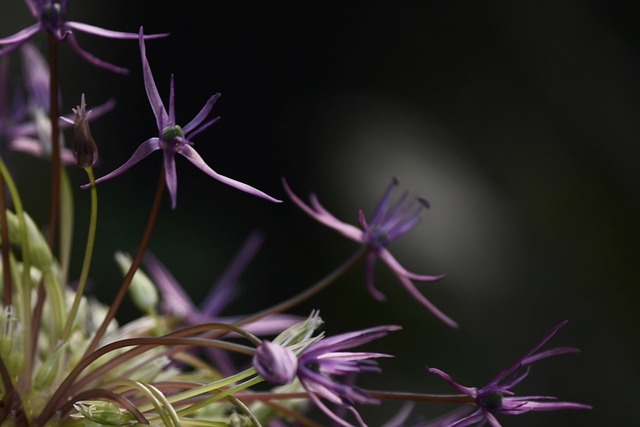
Self-watering planters provide an innovative, low-maintenance solution for lawn alternatives, elimin…….
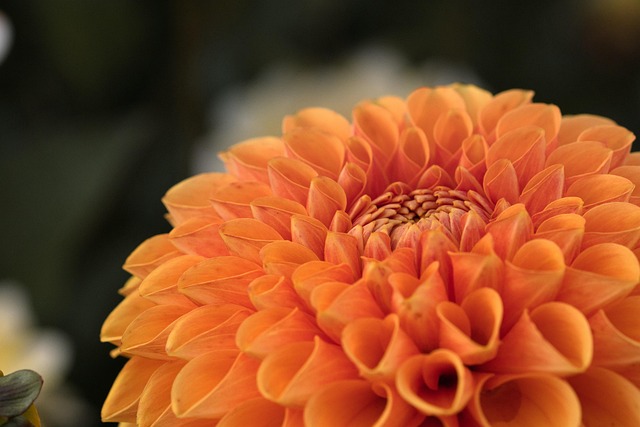
Drought-resistant plants offer sustainable, low-maintenance solutions for homeowners seeking alterna…….
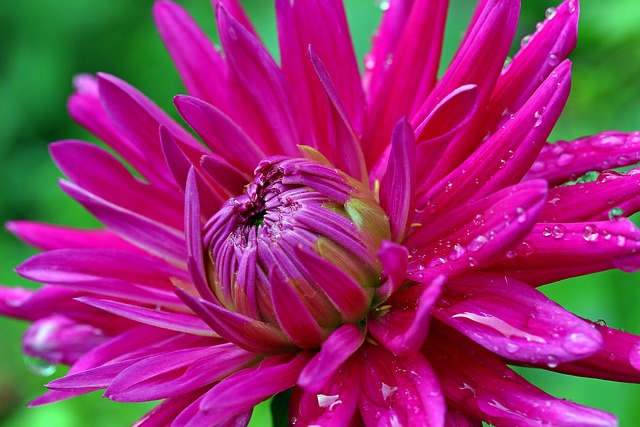
Integrating low-maintenance hardscaping elements like gravel and stones into your garden design offe…….
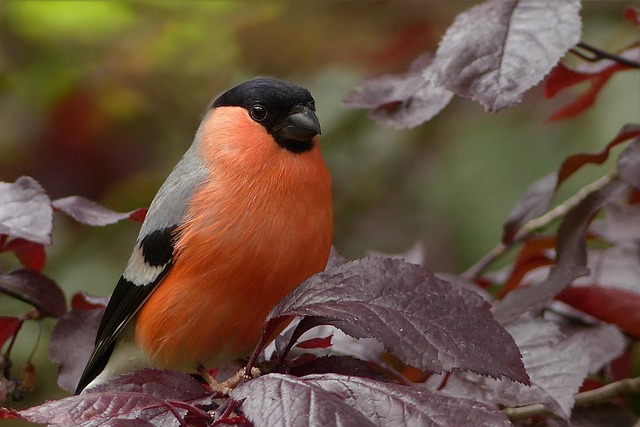
Adopting perennial flowers for your garden offers an eco-friendly, low-maintenance solution with min…….
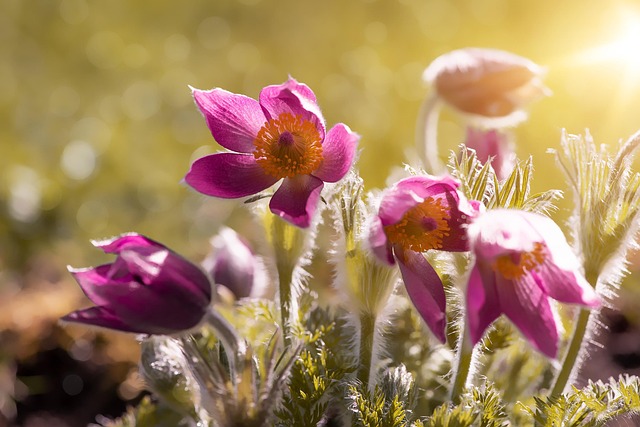
Native plant landscaping, a sustainable approach, reduces maintenance and conserves water by strateg…….